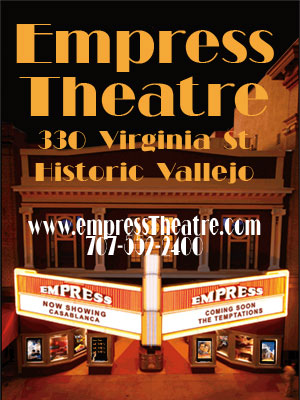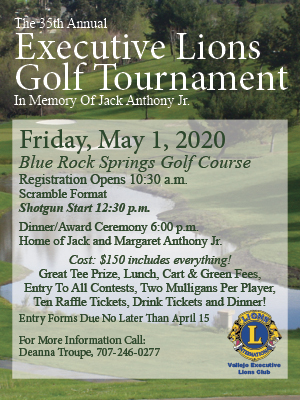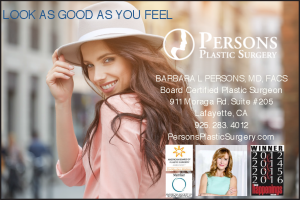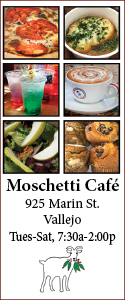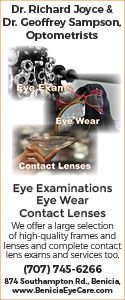
Building 89, a Piece of History becomes Touro’s Future
Walking through the doors of the newly opened Touro University California Translational Research Clinic and Student Health Clinic, one is immediately surrounded by modern furniture, freshly installed flooring, contemporary lighting fixtures, and state-of-the-art equipment. But there’s another aspect of this decades old building that comes to life when entering – it’s history.
As with many of the structures located on this historic Mare Island campus, the clinic, once known as the Brace Shop, assisted hundreds of wounded young men during World War II who entered its doors requiring limbs lost during battles. They were seeking solutions to better their health and become productive community members. Touro University California is carrying this legacy today, with dedicated students, faculty, and researchers.
The steadfast building that spans 6,200 square feet dates back to the 1940’s when it was hailed for its groundbreaking work as a prosthetics fabrication facility. In those days, research was centered around finding new ways to aid the many amputees that flooded the nearby hospital on a continuously increasing basis. When wartime pressed its forceful arm against prosthetic supplies like willow wood and the likes the researchers began to expand and try to advance their designs by experimenting with plastics and other materials paving the way for future designs.
Its medical breakthroughs and innovative approaches are coming back to life at Touro, with research and clinical trials on diabetes, obesity, cardiovascular issues, and more. These studies will teach and aide students in their education to find solutions that will better the health of its community members.
“By focusing our efforts on high public health impact areas such as diabetes and obesity we are able to span the full spectrum from the basic sciences, to translational research, to clinical trials and eventually to a public health perspective, all the while allowing the pertinent information gleaned to be simultaneously incorporated into the curriculum to keep our students current and at the state of the art,” Dr. Michael Clearfield, Dean of the College of Osteopathic Medicine at Touro, said. “The resources offered through this new building reflect the core mission of our University by serving our students and society through innovative multidisciplinary approaches to education, research and community service.”
The modern-day reincarnation into a research clinic continues the tradition of solution-oriented medical research with which the building survived on all those years before. The building’s new design integrates a strong respect for the original form, incorporating plentiful natural light, interior glass partitions, high ceilings throughout and skylights.
Today, research being conducted at the facility will have profound effect on the general population similar to the way its prosthetics fabrication roots had so many years ago. Under the direction of Touro’s Dr. Jay Shubrook, Diabetologist, the clinic will launch with a study focusing on how the state of hypo- and hyperglycemia alter driving ability. In addition, studies by Touro’s Dr. Jean-Marc Schwarz will further elaborate and continue to pursue solutions on childhood and adult obesity as it relates to diabetes.
The new Clinic will also house a DEXA machine, donated by Nevada-based Steinberg Diagnostics Technology, which will allow metabolic researchers to measure bone density, conduct critically important body composition studies, and access body fat in a non-invasive way.
The future research at the Touro Translational Research Clinic will address causation and work to adapt and make advancements for future breakthroughs and lifelong resolutions. Having researchers work closely in an interprofessional environment will also allow the team to maximize resources and grow.
The Student Health Center portion of the building will allow for improved health services to students, including counseling services. As Touro trains health professionals and educators, these services support student wellness and health balance needed to be successful in their rigorous academic programs. This Health Center represents an increased focused on supporting the student learning environment and plays a key role in encouraging the life long process of integrating students’ learning with their personal health habits and practices.
Changed but not forgotten the prosthetic fabrication facility has forever made its mark on Mare Island. Its legacy will not only be remembered but will be honored and advanced for decades to come.


